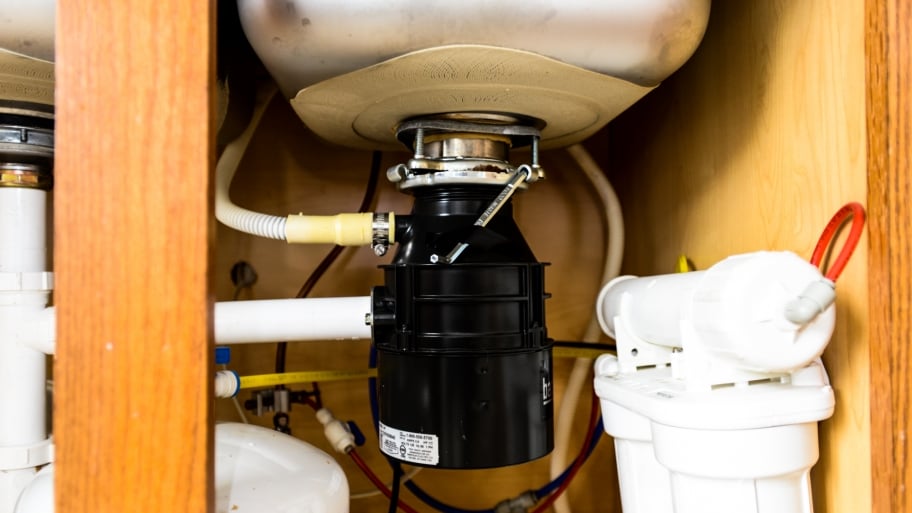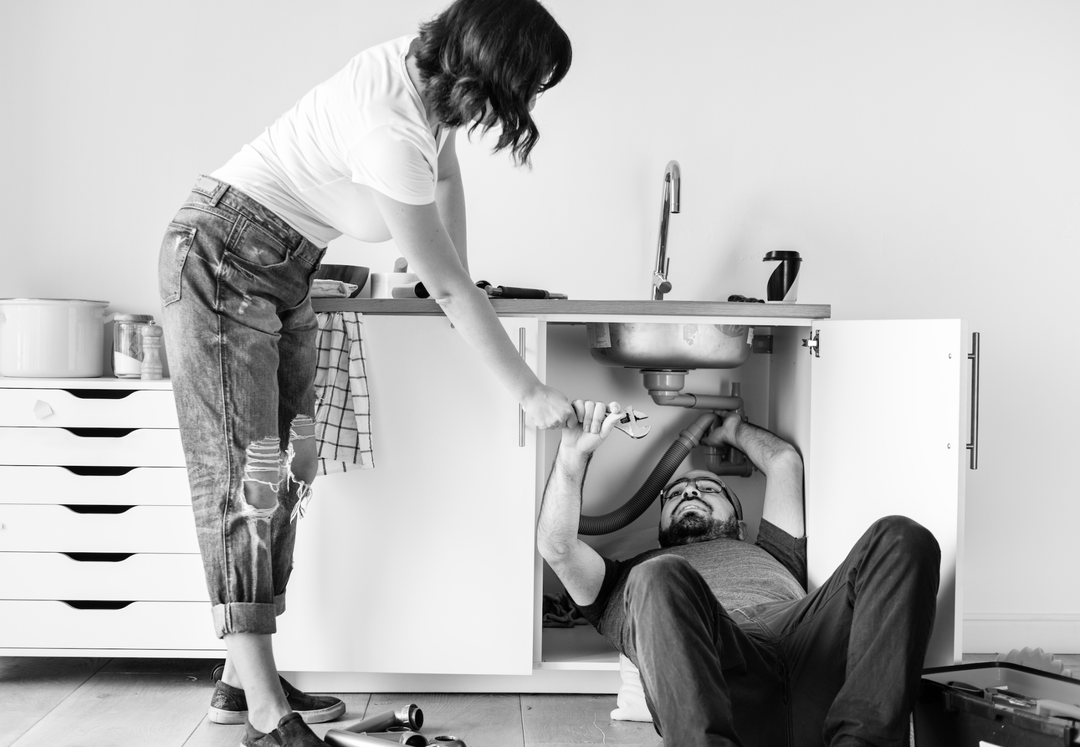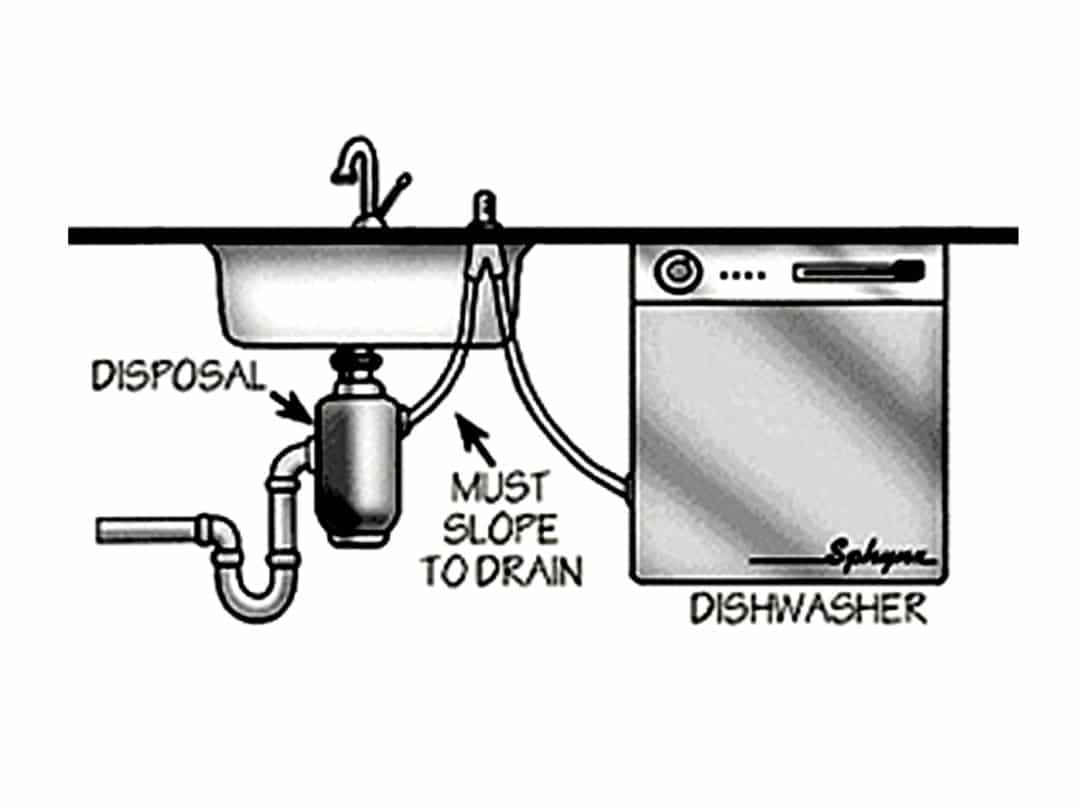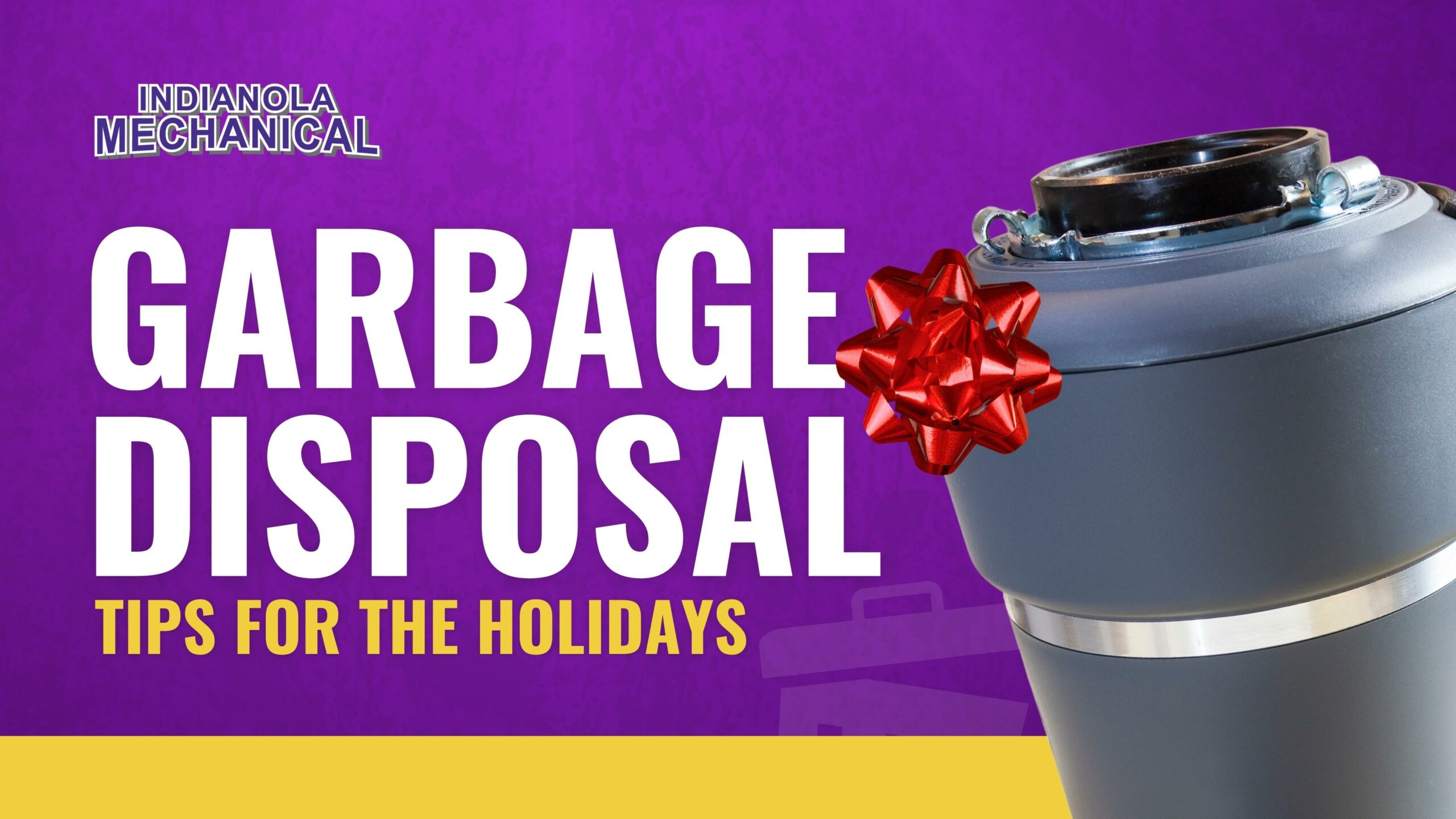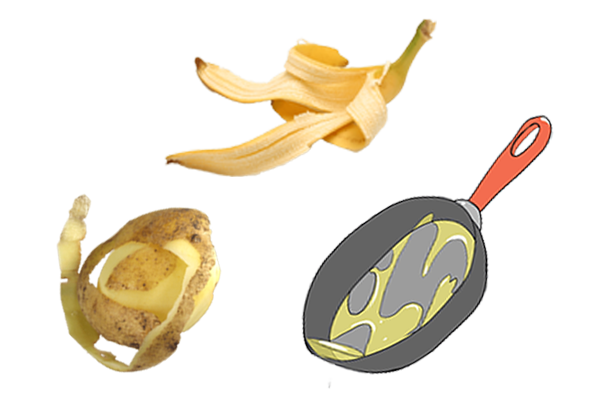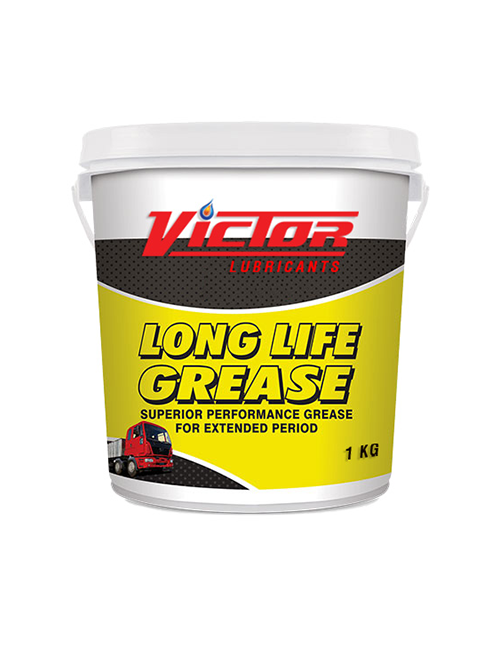If your kitchen sink won't drain, the first thing you should check for is a clogged drain. This is a common issue that can be caused by a variety of things, such as food scraps, grease, and other debris getting stuck in the pipes. The water in your sink may drain slowly or not at all if there is a clog. To fix this issue, you can try using a plunger or a drain snake to remove the blockage.1. Clogged Drain
In some cases, the clog in your kitchen sink may be caused by blocked pipes. This can happen if something gets lodged in the pipes, such as a large piece of food or a foreign object. If this is the case, you may need to call a plumber to come and remove the blockage. It's important to address this issue as soon as possible to prevent further damage to your pipes.2. Blocked Pipes
Another common issue with kitchen sinks is a slow draining sink. This can be caused by a clog, as mentioned above, but it can also be due to a buildup of soap scum or mineral deposits in the pipes. To fix this issue, you can try using a mixture of baking soda and vinegar to break down and remove the buildup. You can also try pouring hot water down the drain to help dissolve the buildup.3. Slow Draining Sink
If your kitchen sink is backing up, it could be a sign of a more serious issue. This can be caused by a clog or blockage in the main sewer line, which can be difficult to fix on your own. It's best to call a plumber to come and assess the situation and determine the best course of action. Ignoring a backed-up kitchen sink can lead to more costly and extensive repairs in the future.4. Kitchen Sink Backing Up
A plunger is a common tool used to unclog drains and can be effective for smaller blockages in your kitchen sink. To use a plunger, fill the sink with a few inches of water and place the plunger over the drain. Push the plunger up and down to create suction and dislodge the clog. You may need to repeat this process a few times to completely clear the drain.5. Plunger
A drain snake, also known as a plumber's snake, is a long, flexible tool used to remove clogs from drains. To use a drain snake, insert it into the drain and slowly push it through the pipes. When you encounter the clog, twist and turn the snake to break it up and remove it. Drain snakes can be purchased at most hardware stores and can be a useful tool for stubborn clogs.6. Drain Snake
As mentioned earlier, a mixture of baking soda and vinegar can be an effective way to break down and remove buildup in your kitchen sink pipes. To use this method, pour about half a cup of baking soda down the drain, followed by half a cup of vinegar. Let the mixture sit for about 15 minutes, then pour hot water down the drain to flush out the buildup.7. Baking Soda and Vinegar
If you've tried all of the above methods and your kitchen sink still won't drain, it may be time to call in a professional plumber. They have the tools and expertise to handle more serious clogs and blockages, and can also assess the condition of your pipes to determine if there are any underlying issues that need to be addressed.8. Plumber
If your kitchen sink won't drain and you have a garbage disposal, it's important to check if it's working properly. The disposal can become jammed or clogged, which can affect the drainage of your sink. If this is the case, you can try resetting the disposal or manually removing any debris that may be causing the issue. If the problem persists, it's best to call a plumber to take a look at the disposal.9. Garbage Disposal
One of the most common causes of a clogged kitchen sink is a buildup of grease. When cooking, it's important to properly dispose of grease and oil, as they can solidify and cause clogs in your pipes. To prevent this, pour hot water down the drain after cooking to help flush out any grease buildup. You can also use a drain cover to catch any food scraps and prevent them from going down the drain. In conclusion, there are several possible reasons why your kitchen sink won't drain. From simple clogs to more serious issues, it's important to address these problems as soon as possible to prevent further damage and costly repairs. With the right tools and techniques, you can easily fix most clogged kitchen sinks, but don't hesitate to call a professional if the problem persists. Remember to properly maintain your sink and dispose of food scraps and grease properly to prevent future clogs. 10. Grease Buildup
Kitchen Sink Won't Drain? Here's What You Need to Know
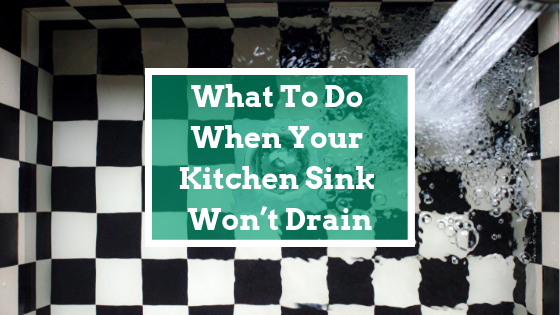
The Importance of a Working Kitchen Sink
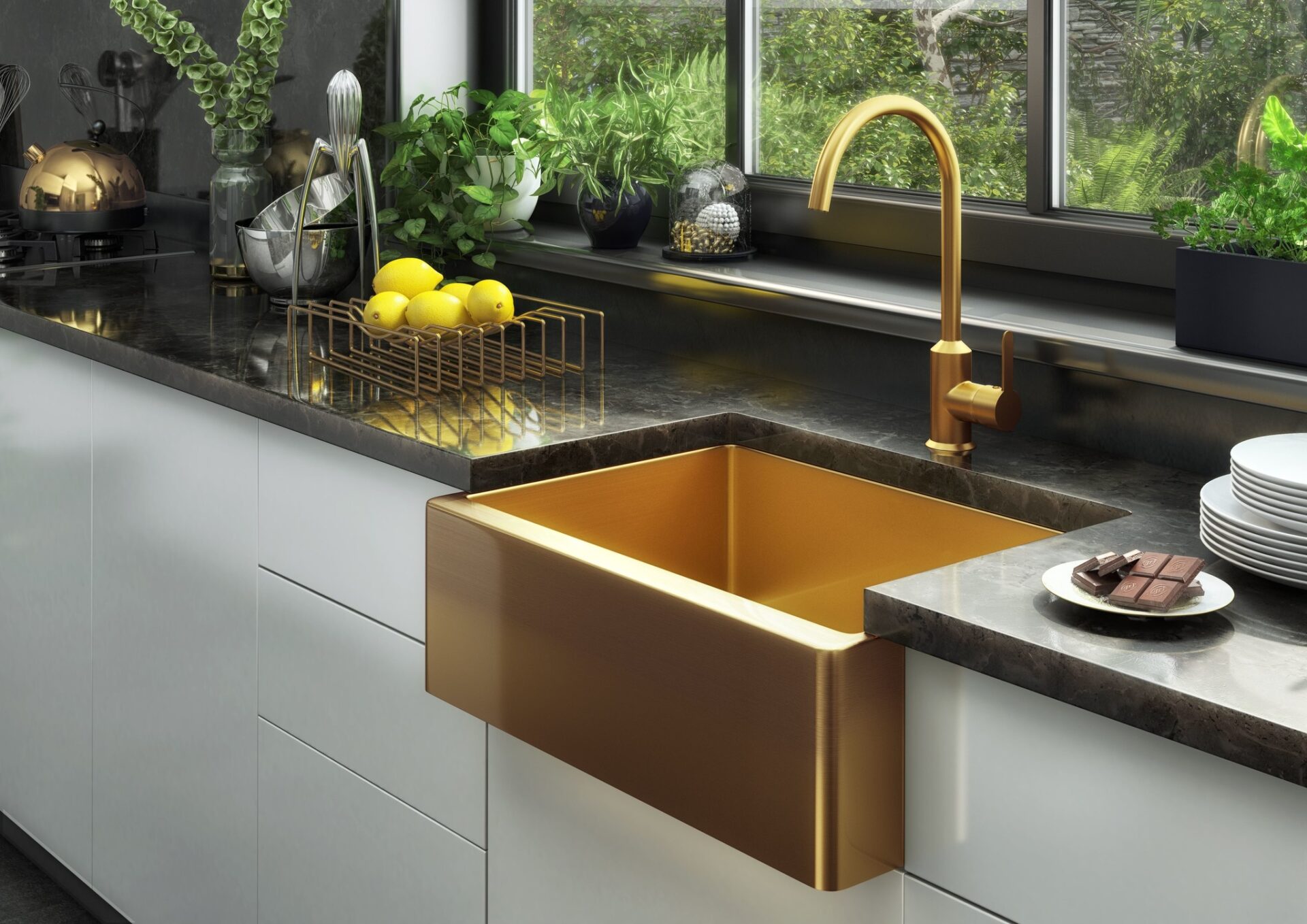 A kitchen sink is an essential part of any home. It is where we wash our dishes, prepare our meals, and even fill up our water glasses. But what happens when your kitchen sink won't drain? This can be a frustrating and inconvenient problem that can disrupt your daily routine. However, before you call a plumber, there are a few things you can check and try to fix the issue yourself.
A kitchen sink is an essential part of any home. It is where we wash our dishes, prepare our meals, and even fill up our water glasses. But what happens when your kitchen sink won't drain? This can be a frustrating and inconvenient problem that can disrupt your daily routine. However, before you call a plumber, there are a few things you can check and try to fix the issue yourself.
Reasons Why Your Kitchen Sink Won't Drain
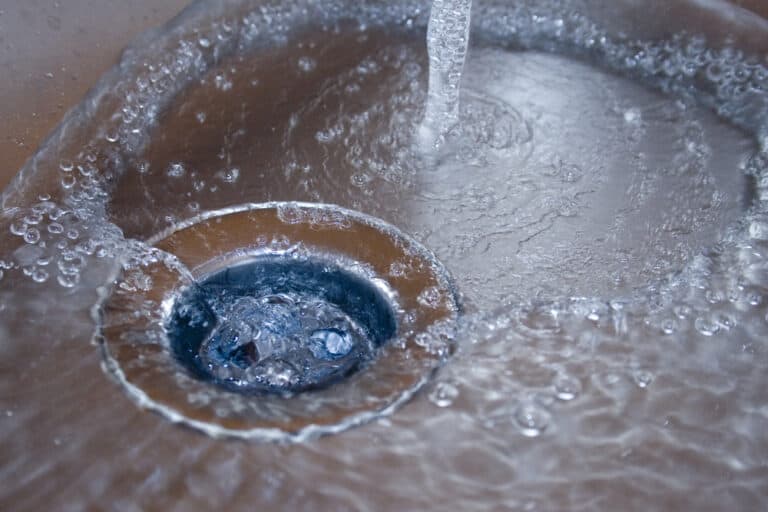 There are several reasons why your kitchen sink won't drain, and it's important to determine the cause before attempting to fix it. The most common reason is a clogged drain. Over time, food debris, grease, and other substances can build up in the pipes, causing a blockage. Another possible cause could be a faulty or damaged garbage disposal, which can also lead to a clog in the drain.
There are several reasons why your kitchen sink won't drain, and it's important to determine the cause before attempting to fix it. The most common reason is a clogged drain. Over time, food debris, grease, and other substances can build up in the pipes, causing a blockage. Another possible cause could be a faulty or damaged garbage disposal, which can also lead to a clog in the drain.
Steps to Fix a Clogged Kitchen Sink
:max_bytes(150000):strip_icc()/how-to-install-a-sink-drain-2718789-hero-24e898006ed94c9593a2a268b57989a3.jpg) If you suspect that a clogged drain is the reason why your kitchen sink won't drain, here are a few steps you can take to fix the issue:
1. Use a Plunger
A plunger can be a handy tool when it comes to unclogging a drain. Fill the sink with a few inches of water to cover the drain, then place the plunger over the drain and pump it up and down vigorously. This will create suction and hopefully dislodge the clog.
2. Try a Drain Snake
If the plunger doesn't work, you can try using a drain snake. This long, flexible tool can be inserted into the drain and maneuvered to break up the clog. You can purchase a drain snake at most hardware stores.
3. Use a Homemade Drain Cleaner
If you prefer a more natural approach, you can try using a homemade drain cleaner. Mix 1/2 cup of baking soda with 1/2 cup of vinegar and pour it down the drain. Let it sit for 15 minutes, then flush it with hot water.
If you suspect that a clogged drain is the reason why your kitchen sink won't drain, here are a few steps you can take to fix the issue:
1. Use a Plunger
A plunger can be a handy tool when it comes to unclogging a drain. Fill the sink with a few inches of water to cover the drain, then place the plunger over the drain and pump it up and down vigorously. This will create suction and hopefully dislodge the clog.
2. Try a Drain Snake
If the plunger doesn't work, you can try using a drain snake. This long, flexible tool can be inserted into the drain and maneuvered to break up the clog. You can purchase a drain snake at most hardware stores.
3. Use a Homemade Drain Cleaner
If you prefer a more natural approach, you can try using a homemade drain cleaner. Mix 1/2 cup of baking soda with 1/2 cup of vinegar and pour it down the drain. Let it sit for 15 minutes, then flush it with hot water.
When to Call a Professional
 If none of the above methods work, it may be time to call a professional plumber. They have the necessary tools and expertise to handle more serious clogs and plumbing issues. Additionally, if your kitchen sink won't drain and you notice foul odors coming from the drain, this could indicate a larger problem that needs to be addressed by a professional.
If none of the above methods work, it may be time to call a professional plumber. They have the necessary tools and expertise to handle more serious clogs and plumbing issues. Additionally, if your kitchen sink won't drain and you notice foul odors coming from the drain, this could indicate a larger problem that needs to be addressed by a professional.
In Conclusion
 A functioning kitchen sink is crucial for everyday tasks, and a clogged drain can quickly become a nuisance. By following these steps, you may be able to fix the issue yourself. However, if the problem persists, it's best to seek the help of a professional plumber. Don't let a clogged kitchen sink disrupt your daily routine – take action and get your drain flowing smoothly again.
A functioning kitchen sink is crucial for everyday tasks, and a clogged drain can quickly become a nuisance. By following these steps, you may be able to fix the issue yourself. However, if the problem persists, it's best to seek the help of a professional plumber. Don't let a clogged kitchen sink disrupt your daily routine – take action and get your drain flowing smoothly again.














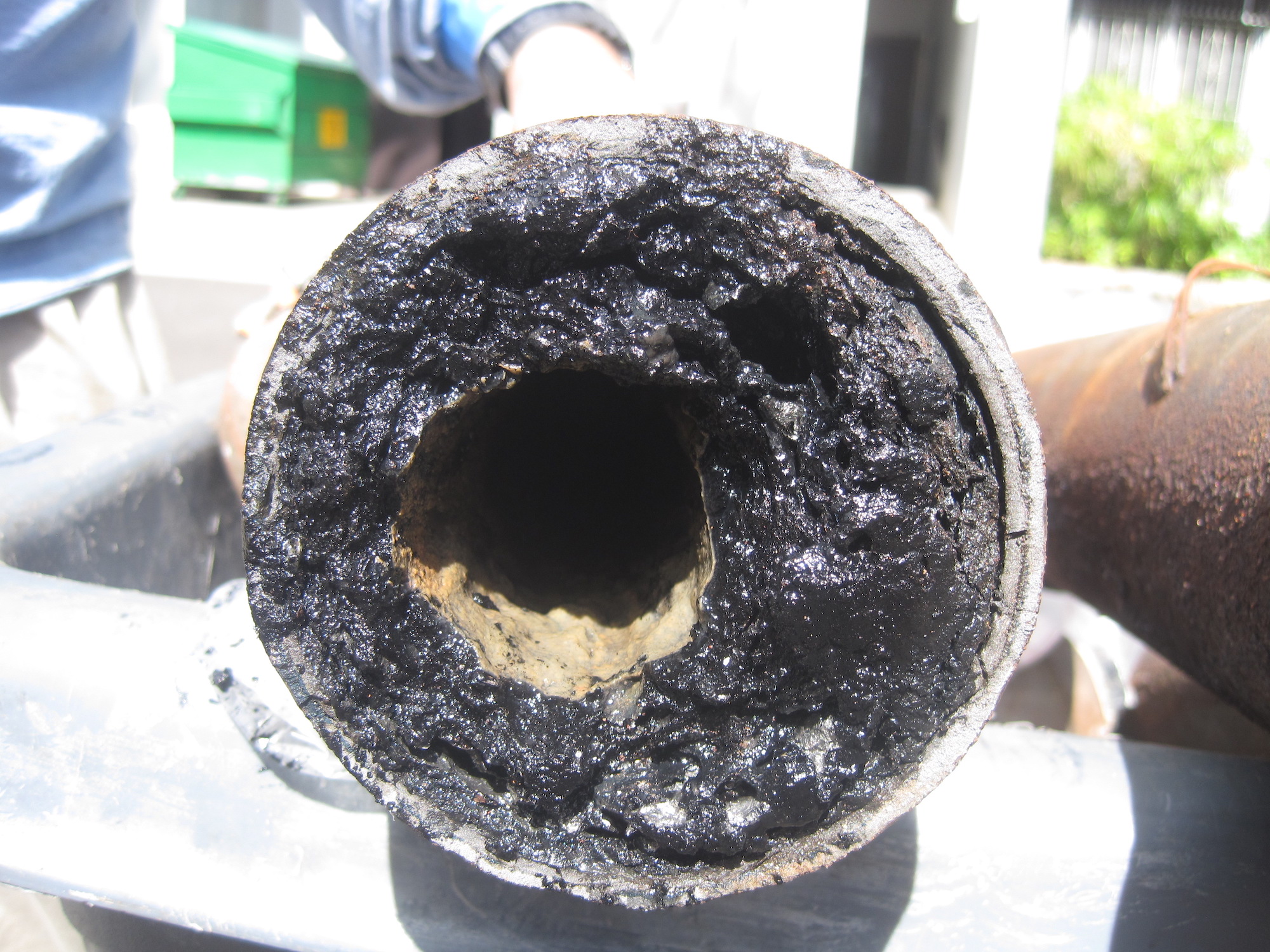












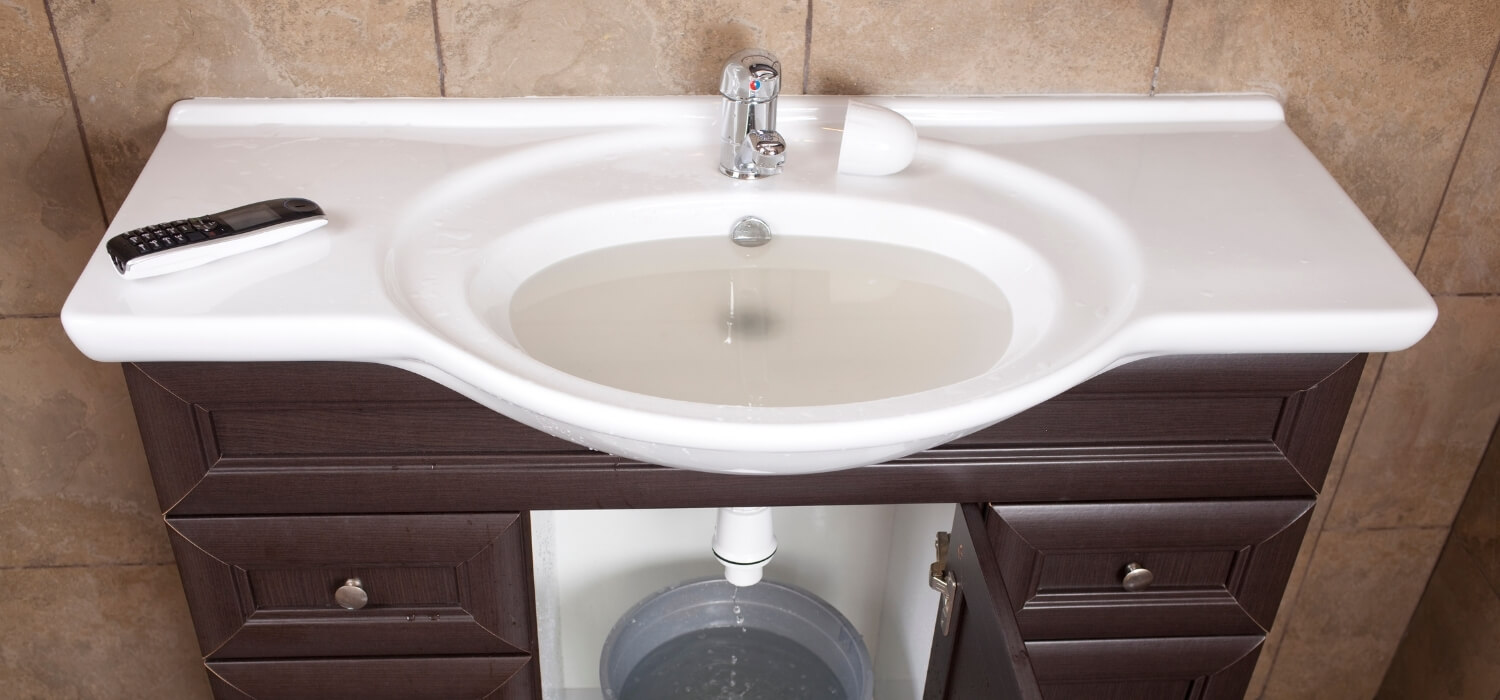

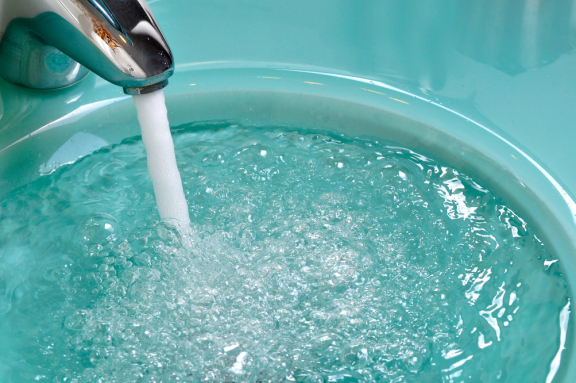


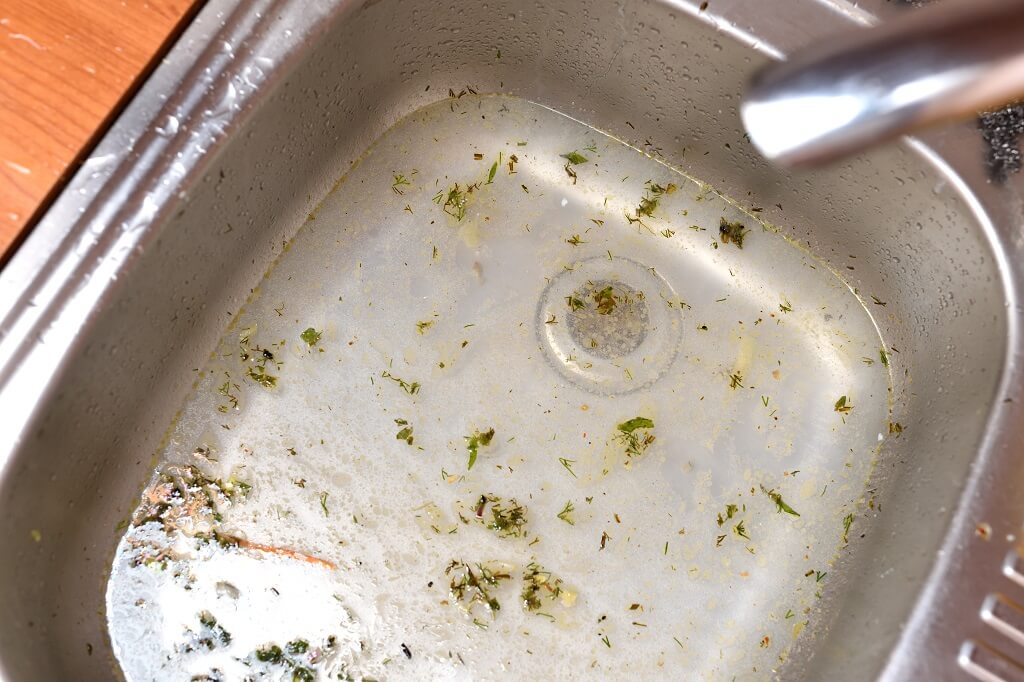
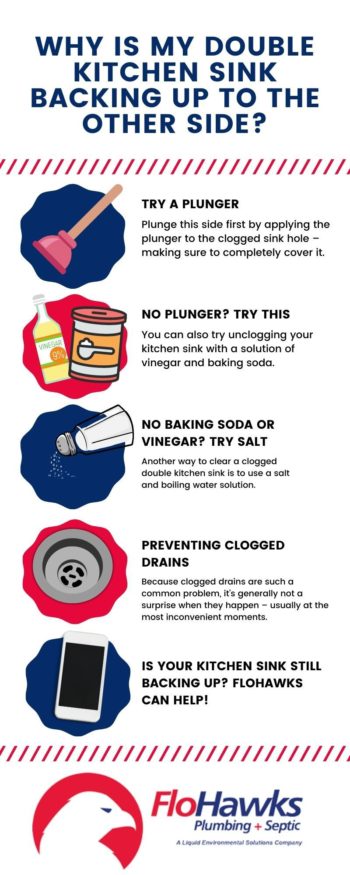




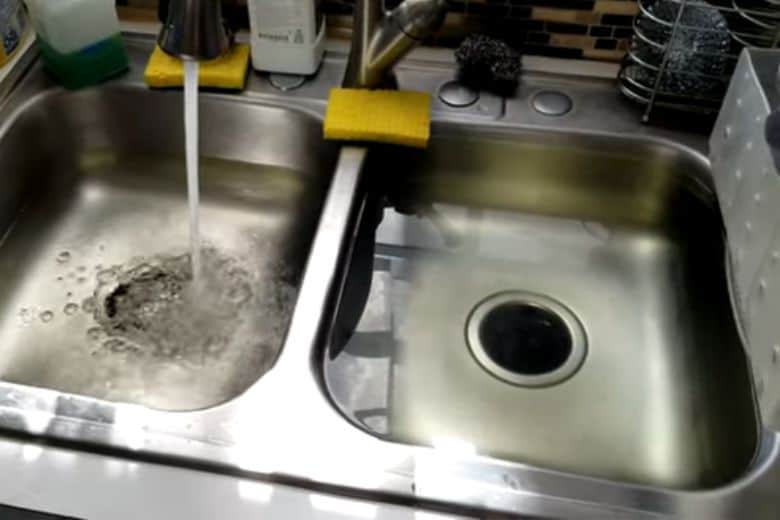


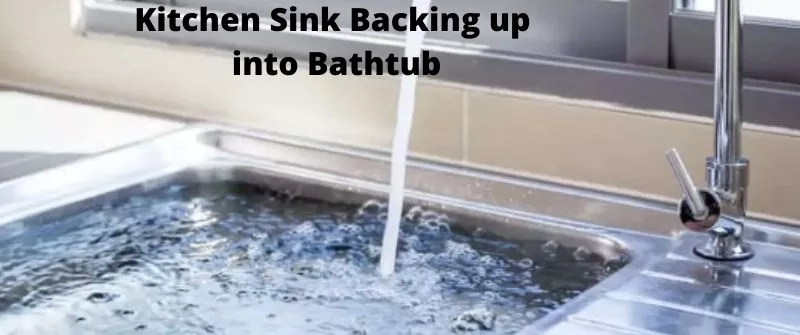

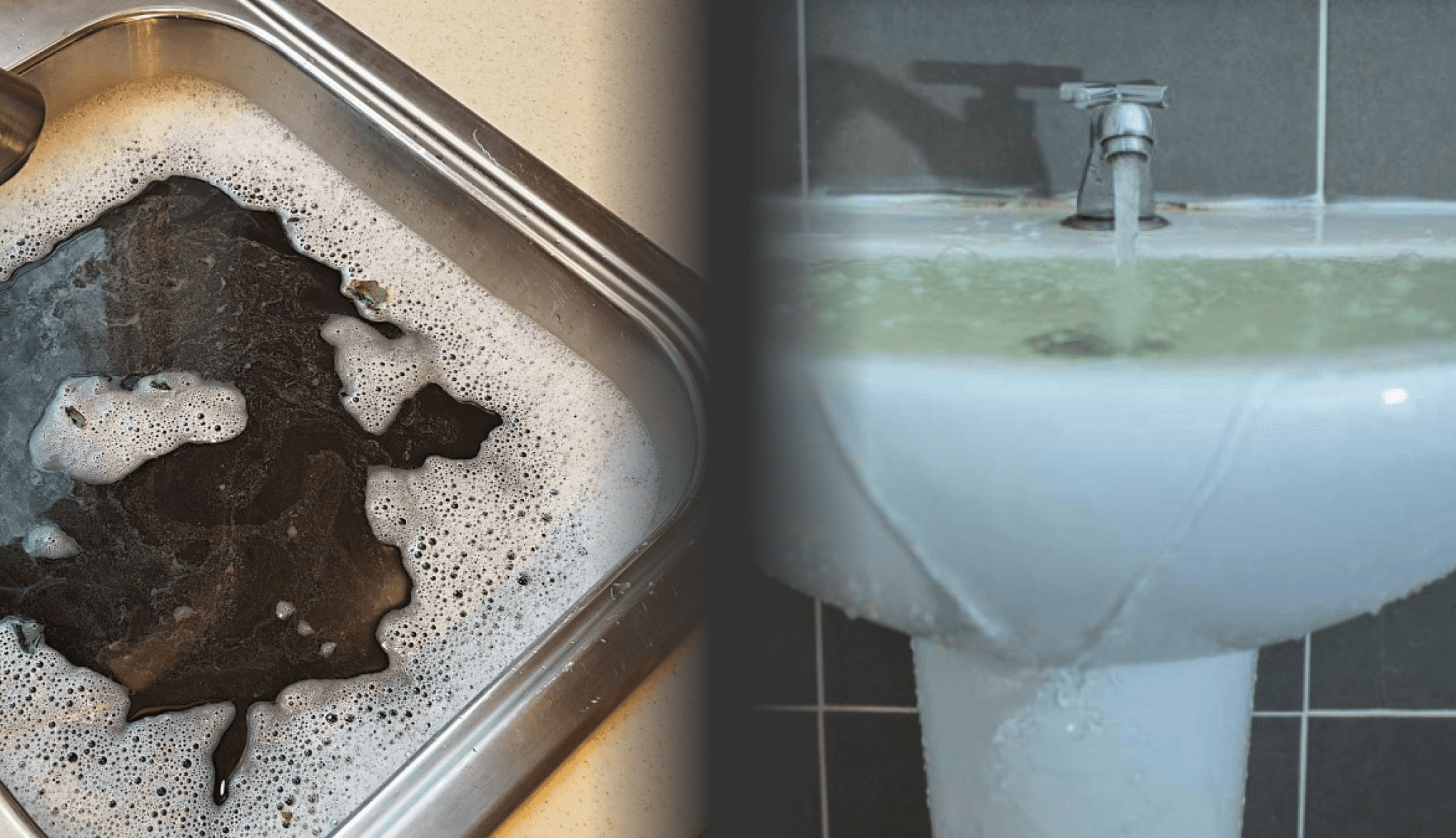


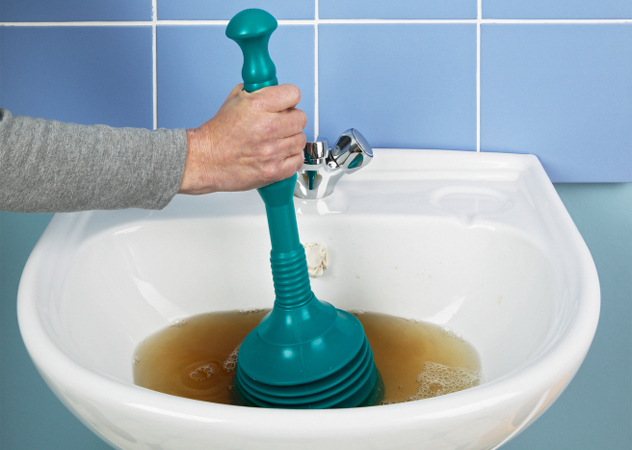


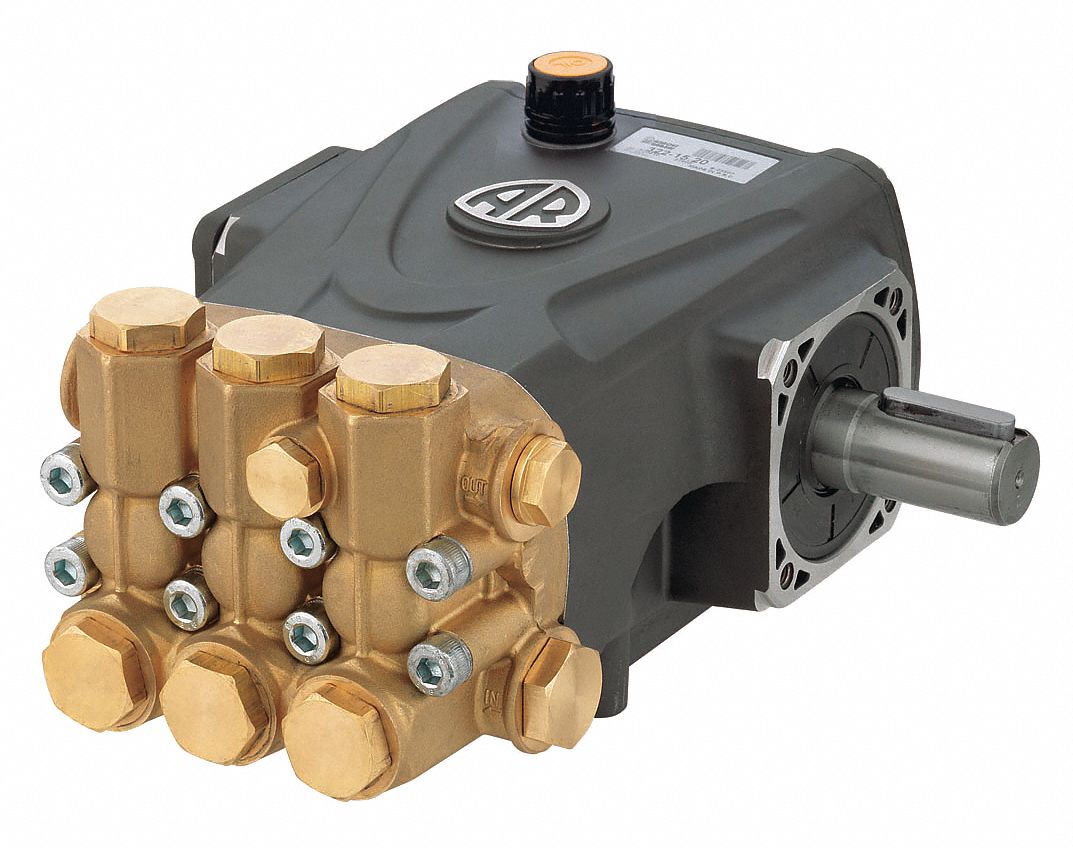

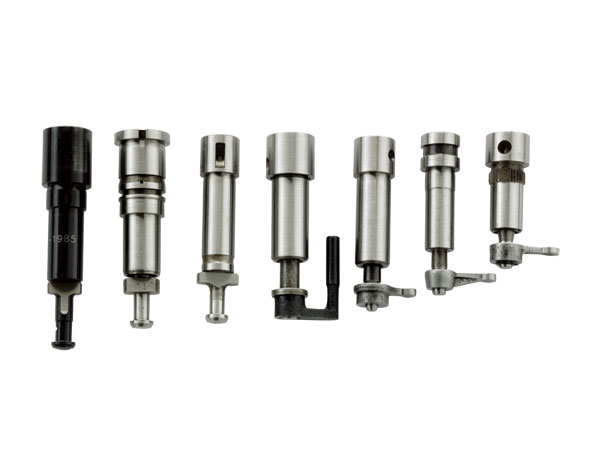
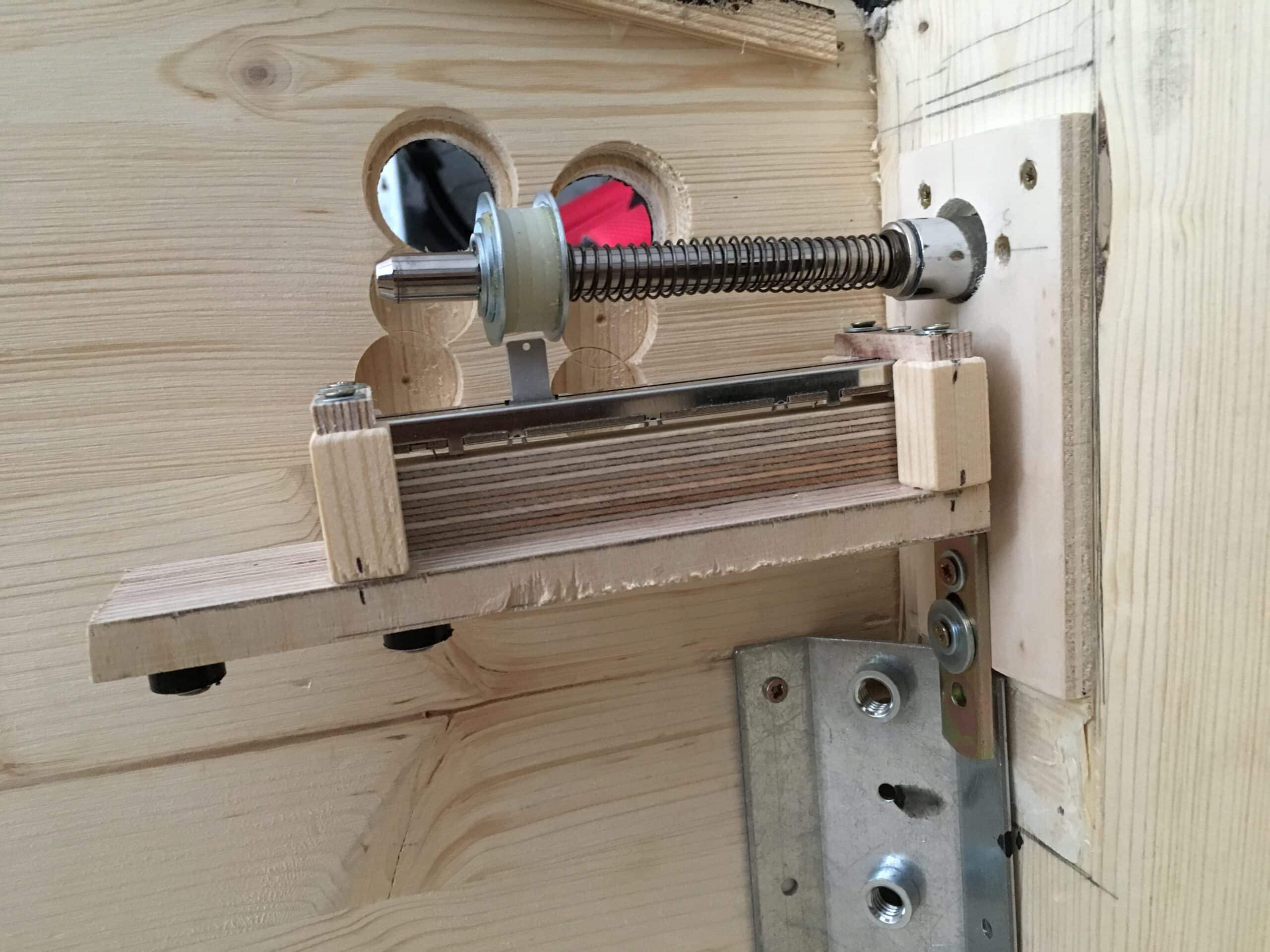

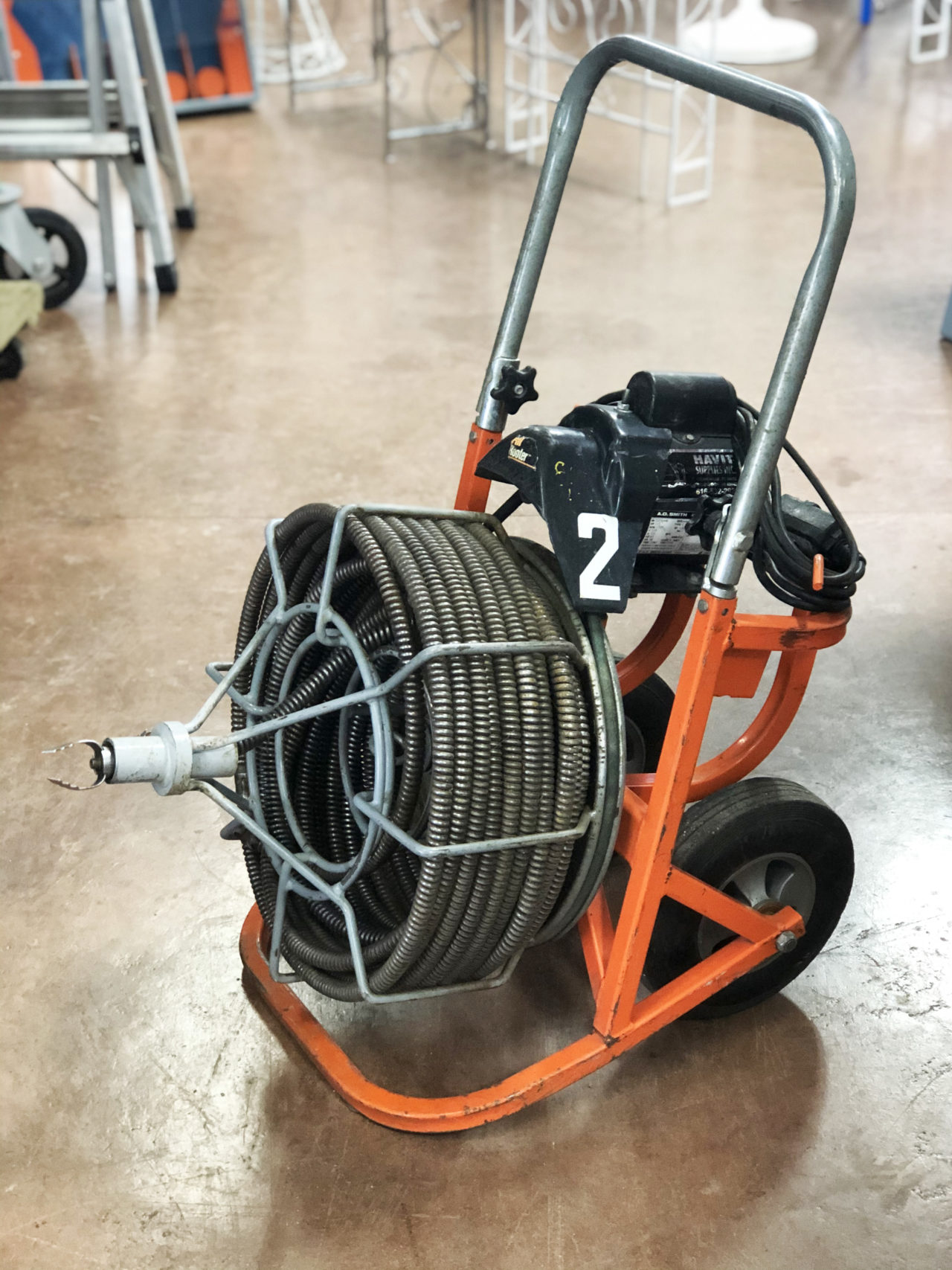
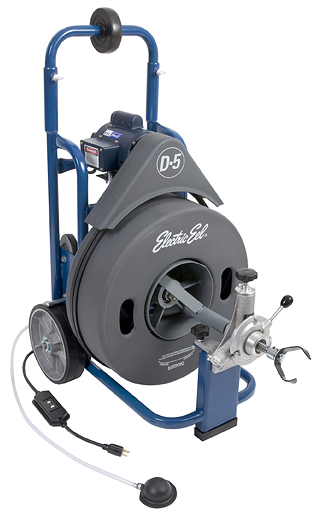

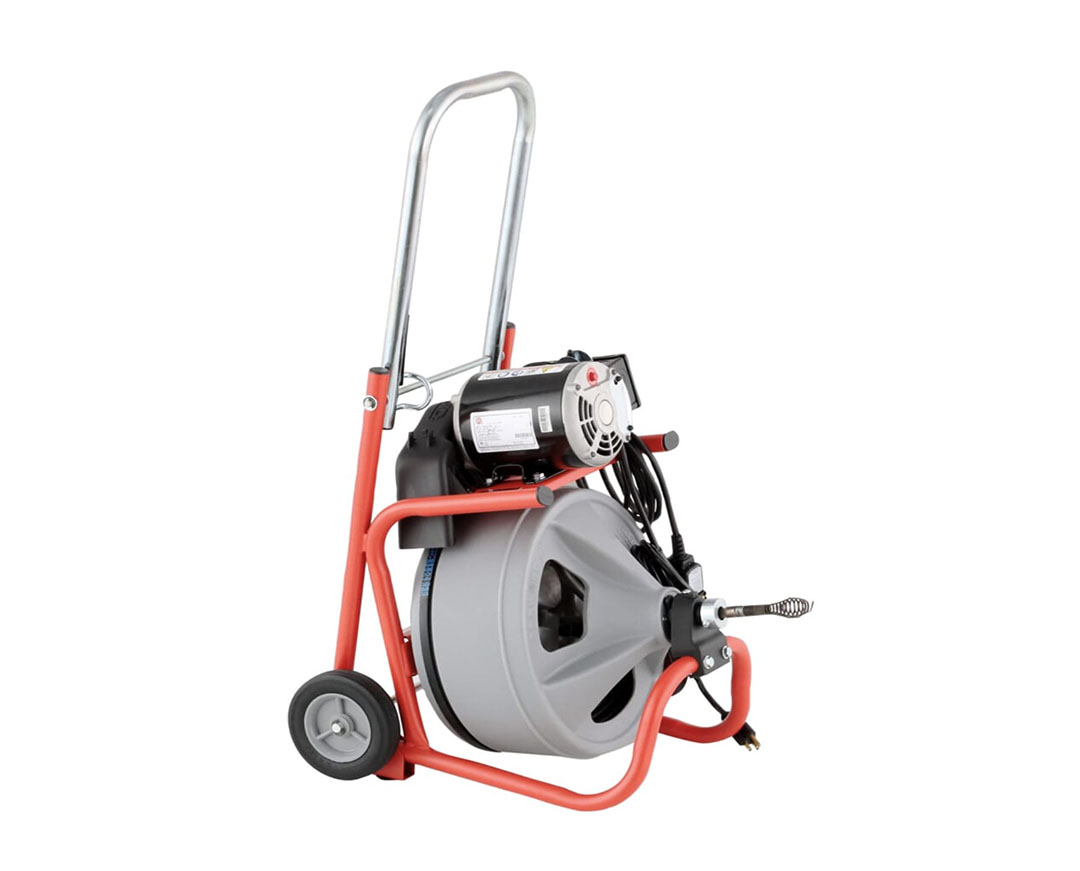

:max_bytes(150000):strip_icc()/Vastar-4-Pack-Drain-Snake-50b0e77281b244e386d046ca25ba76b6.jpg)
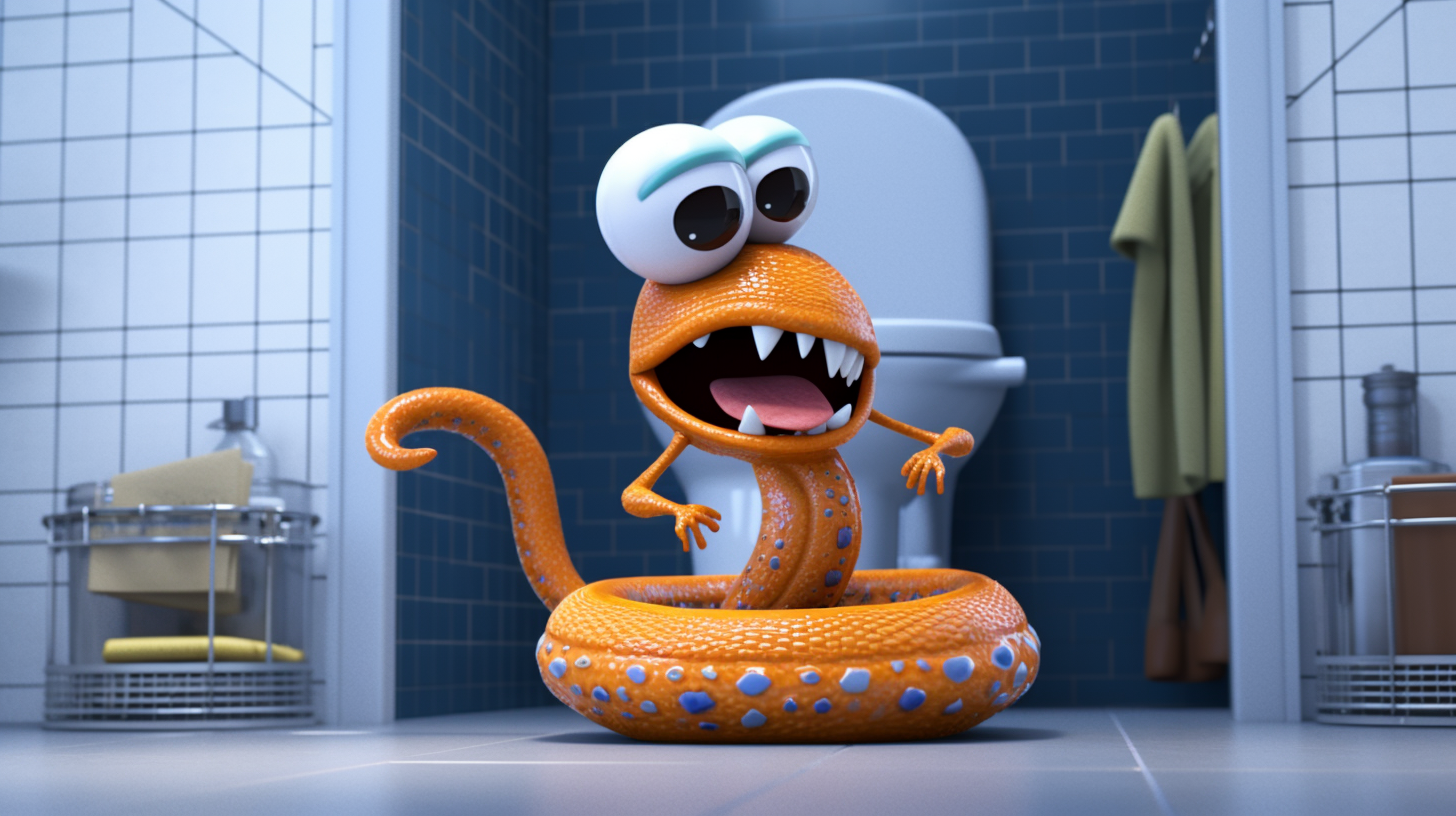
:max_bytes(150000):strip_icc()/Snake-drain-58f6c5705f9b581d5983614c.jpg)

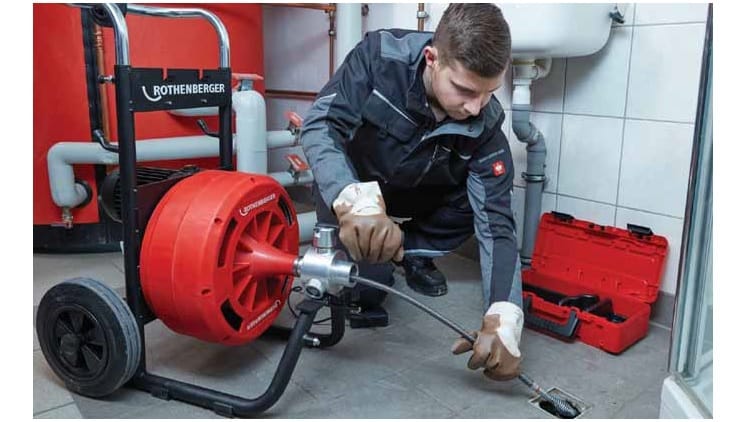



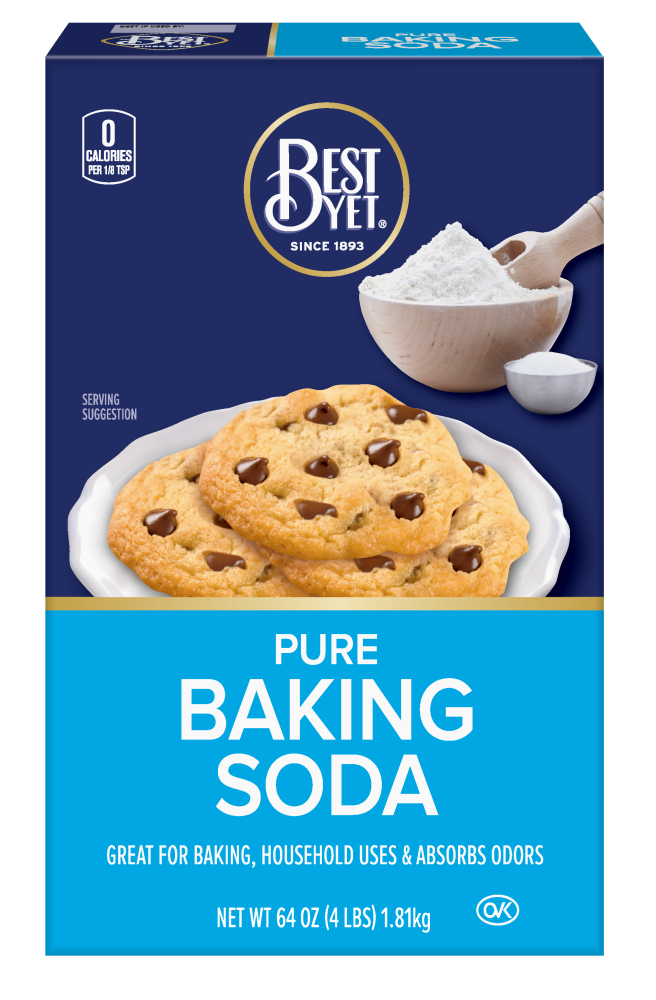
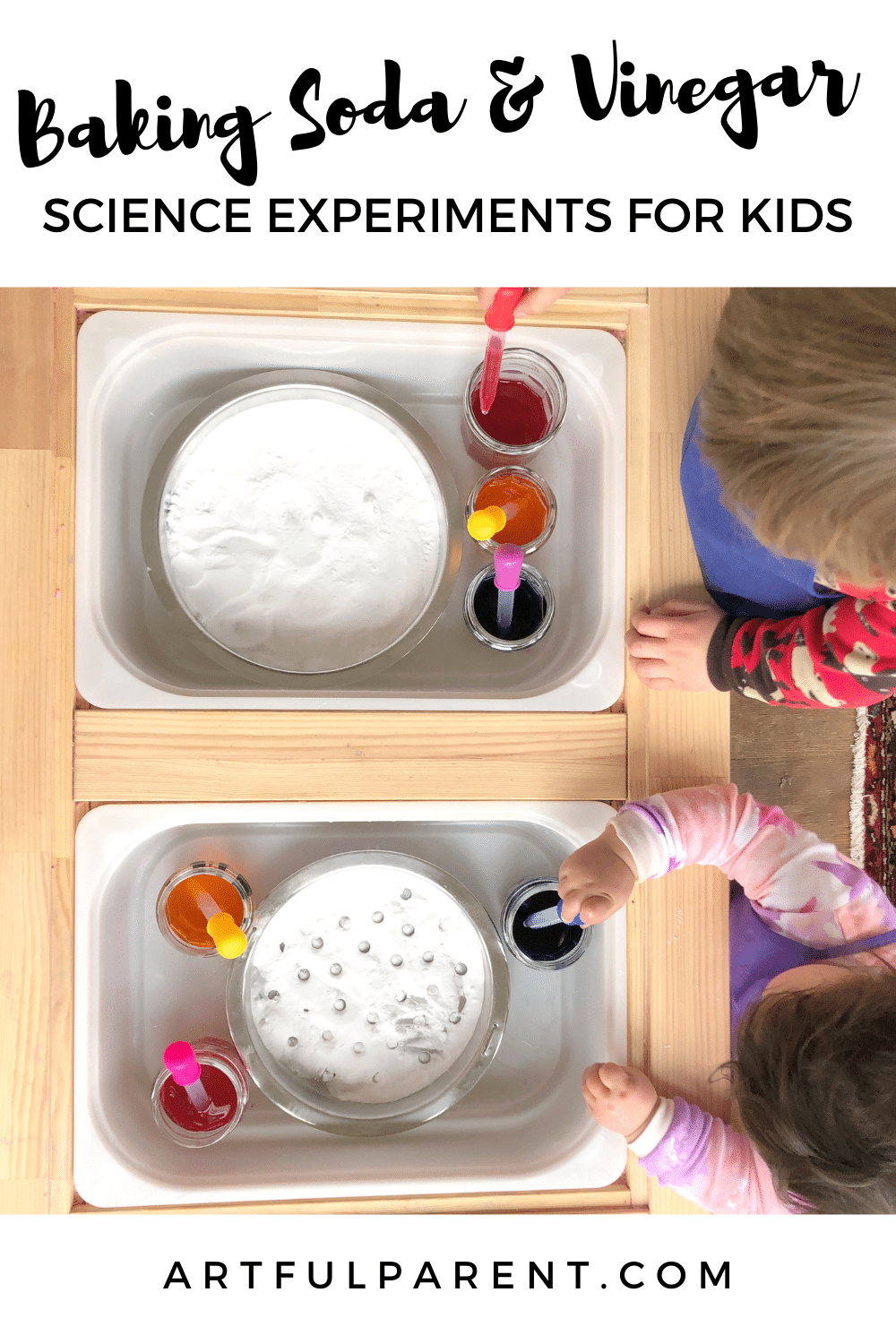

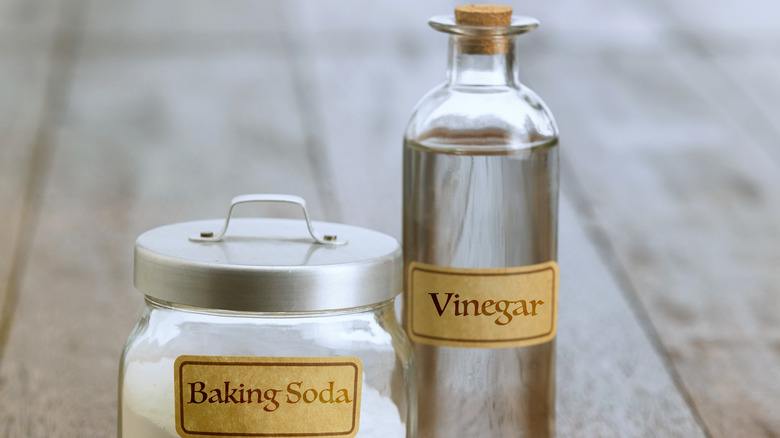


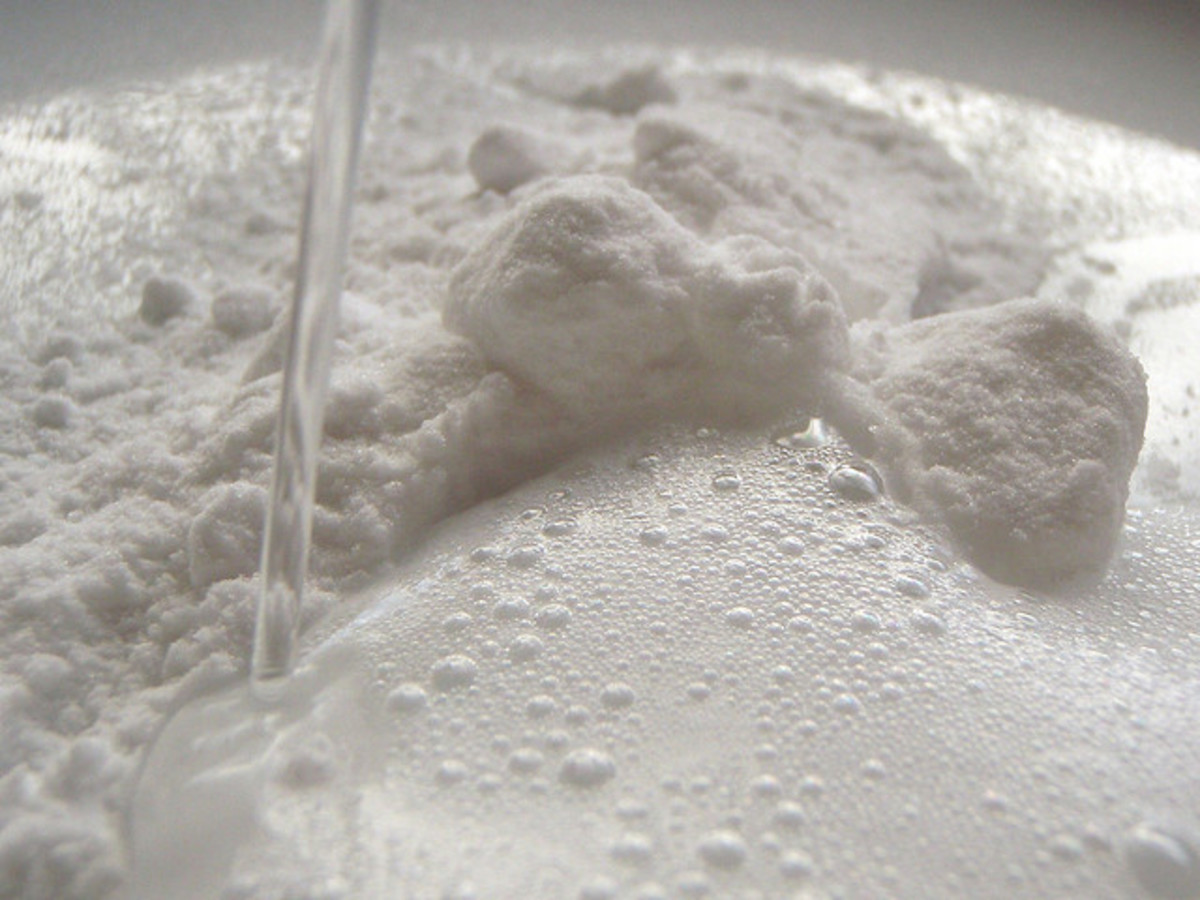
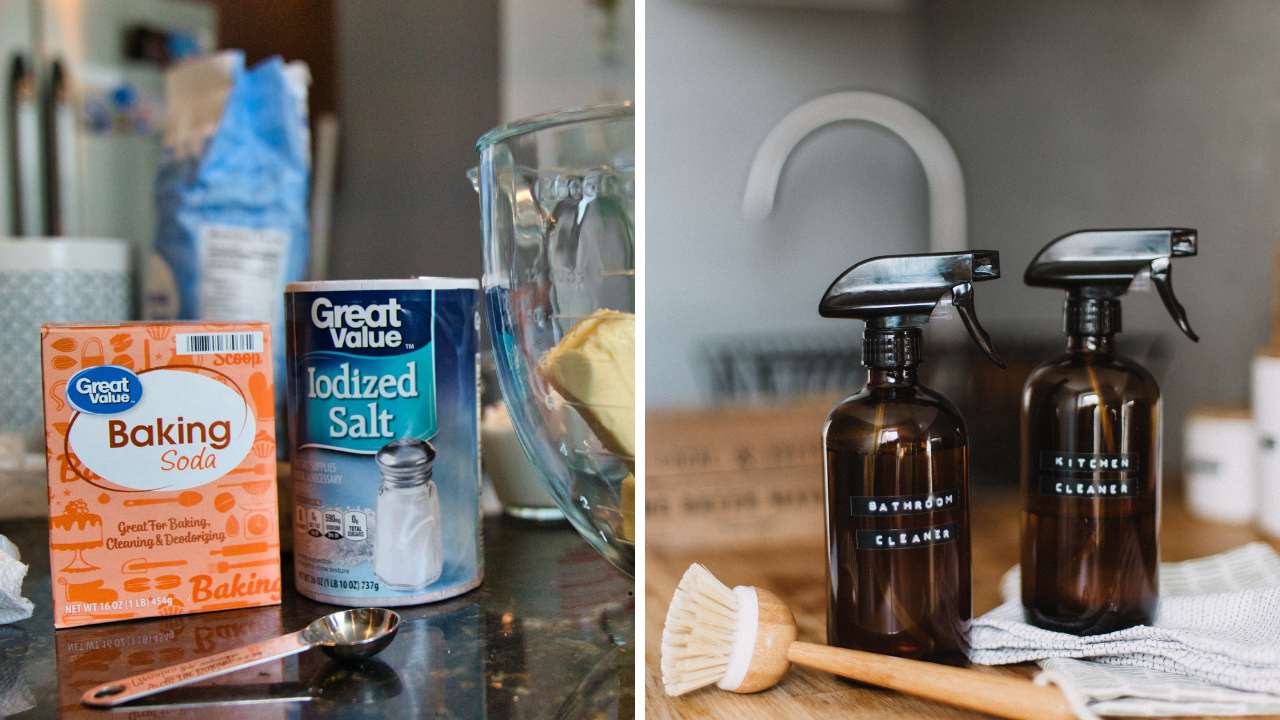

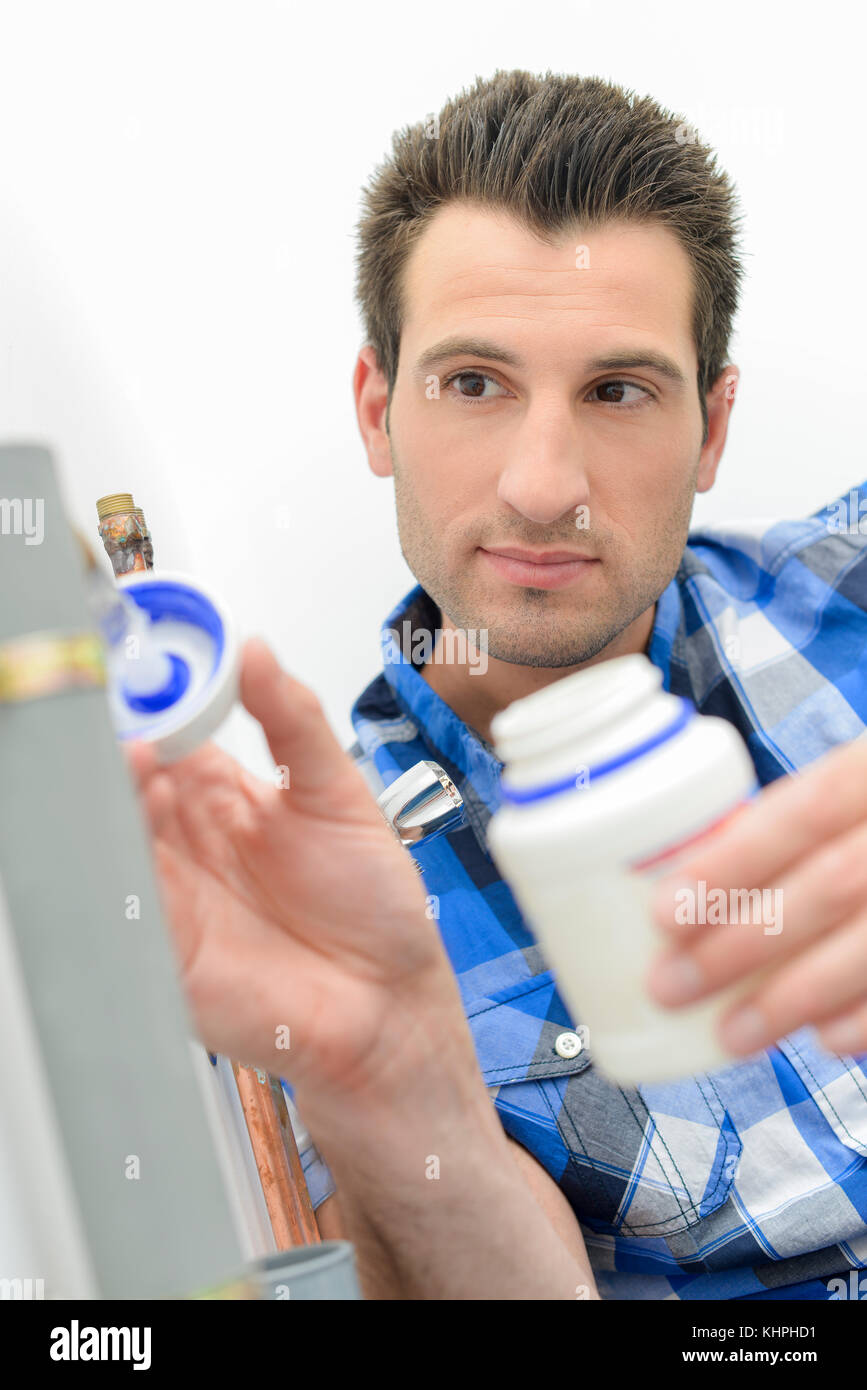


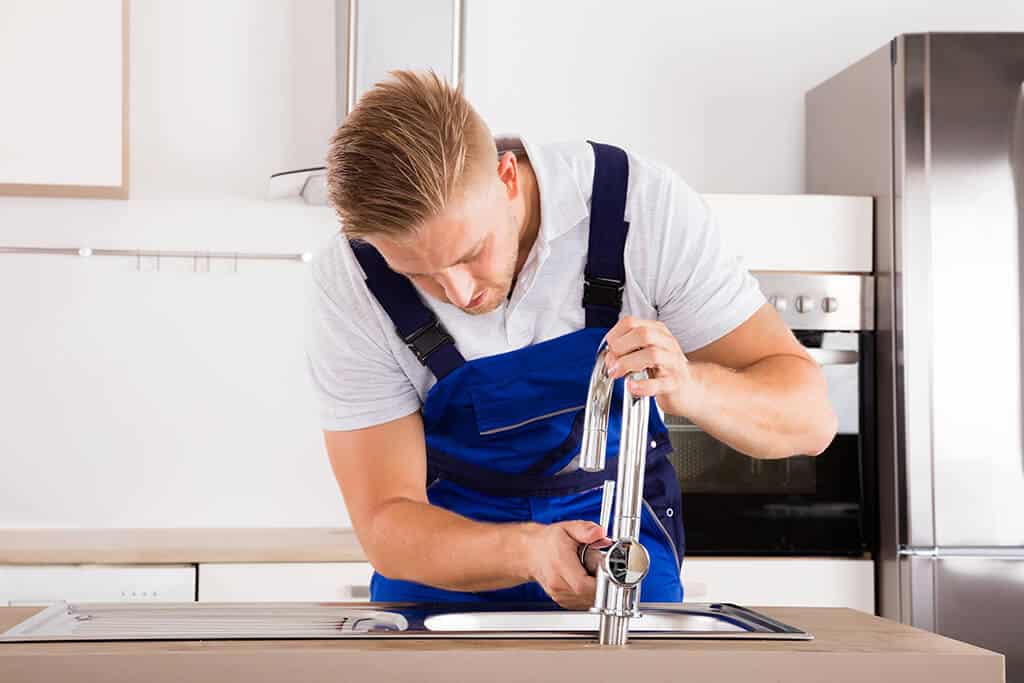
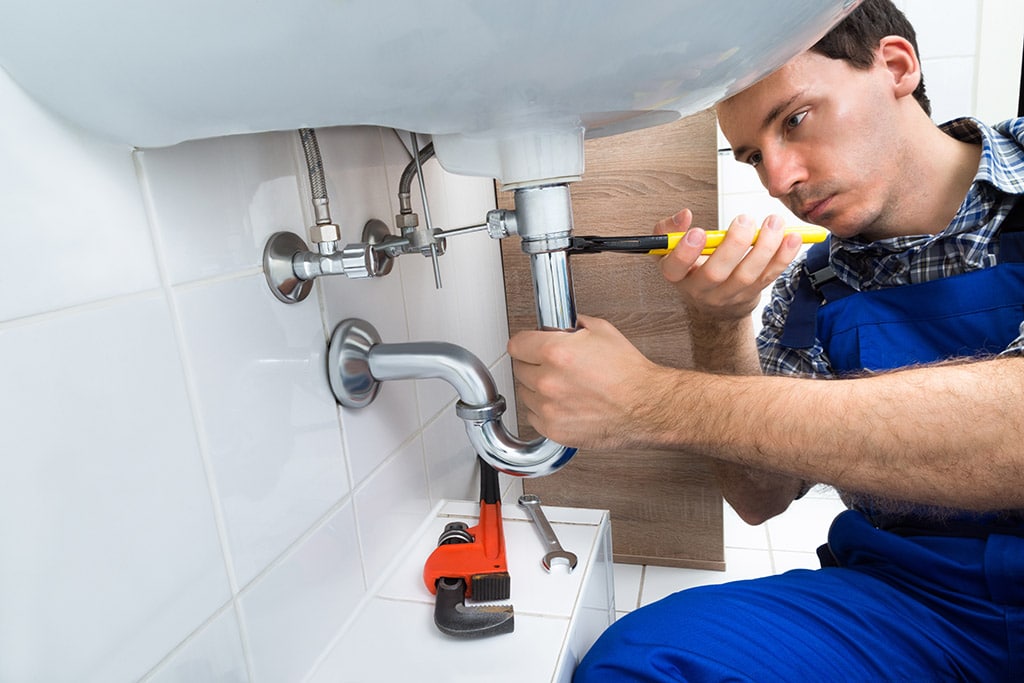






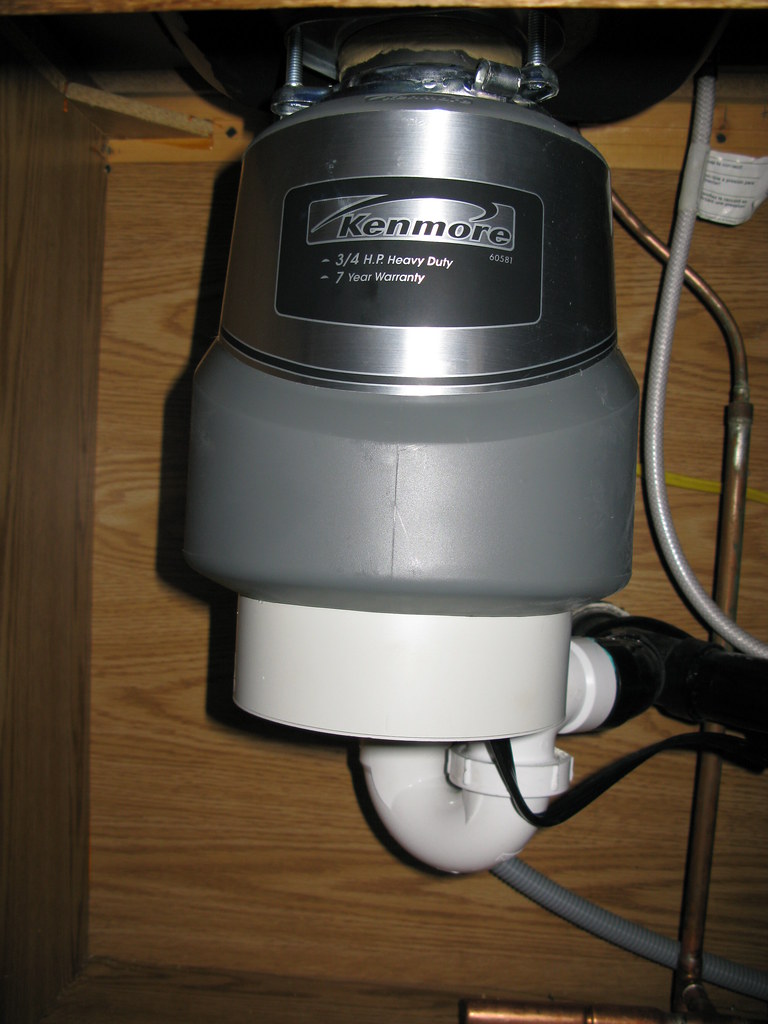

:max_bytes(150000):strip_icc()/garbage-disposal-installation-1824830-01-73cf0263b344447488ed8e15f7f2bc78.jpg)
